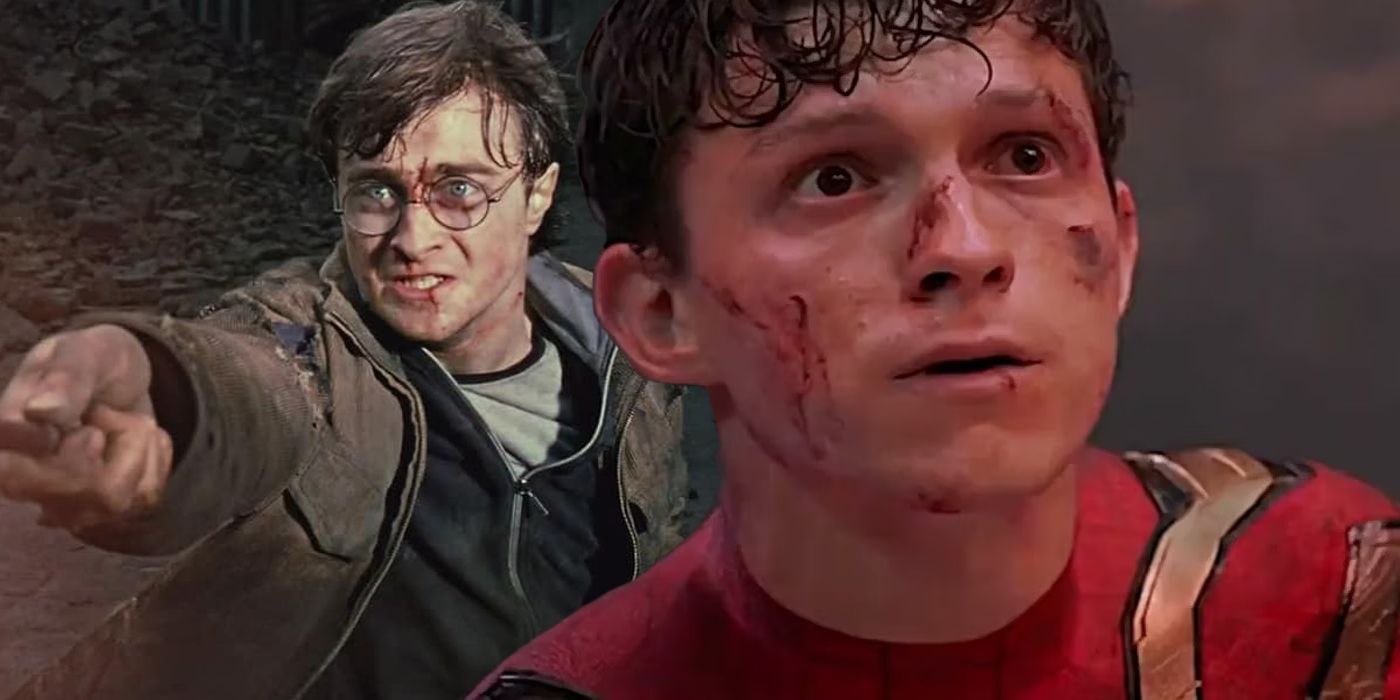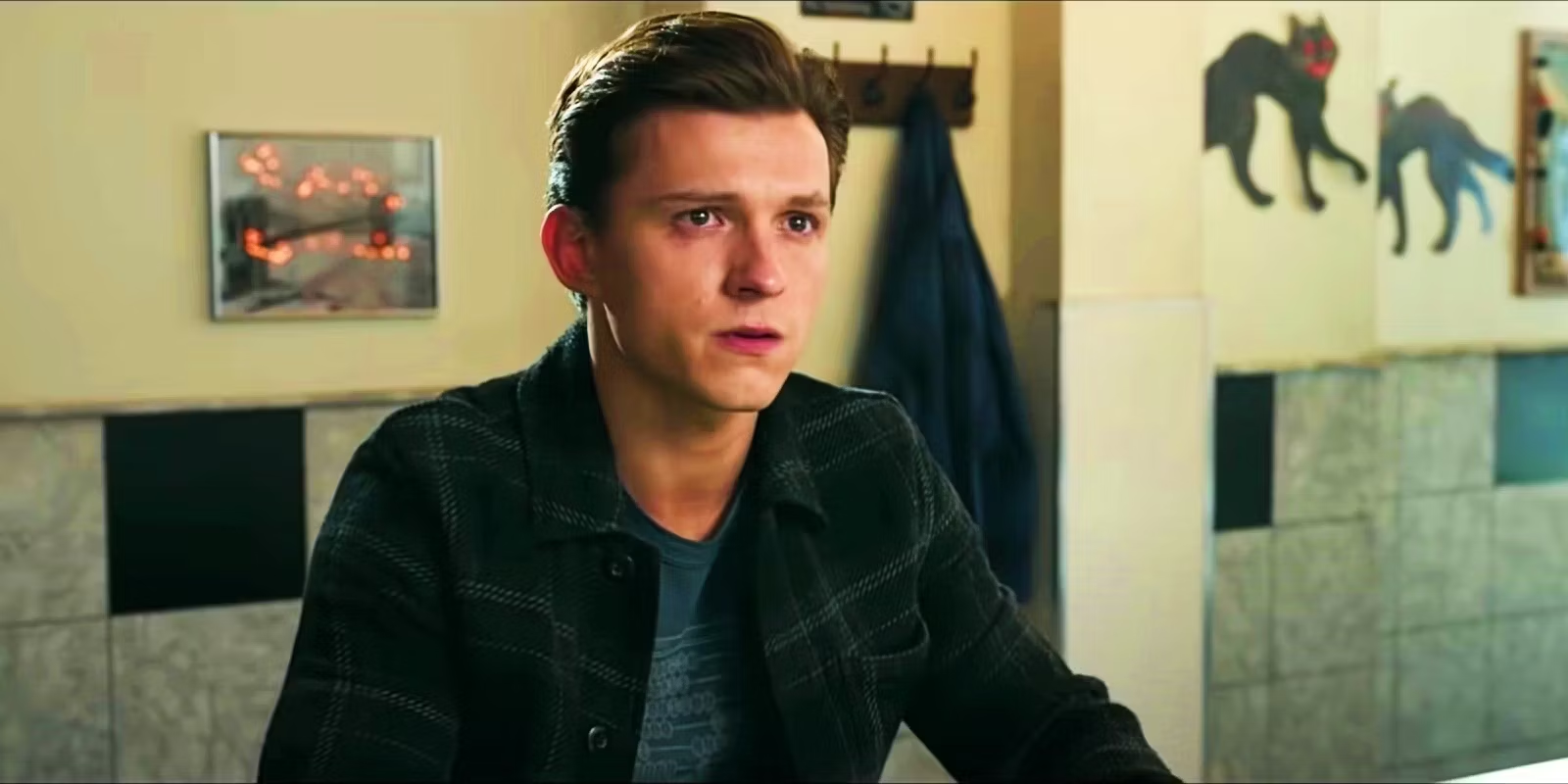This article contains spoilers for the Spider-Man: No Way Home More Fun Stuff Version.Spider-Man: No Way Home shares the same magical plot hole as Harry Potter & the Deathly Hallows - Part 1. Marvel has often found it difficult to navigate themes of magic and the supernatural. In the comics, Doctor Strange has often felt like something of a walking deus ex machina, stepping in and uttering a well-chosen spell that instantly saves the day. More recent comics have attempted to avoid this problem by creating a structure for sorcery.
Amusingly, Marvel Comics has tended to take inspiration from Harry Potter. It's easy to understand why this is happening, simply because the current generation of Marvel writers grew up on the books, and it's leading to tremendous concepts such as Doctor Strange's school for young witches and wizards, Strange Academy. The Marvel Cinematic Universe has so far tended to avoid the same approach, though, perhaps partly because the Harry Potter films are owned by a rival studio. Surprisingly, though, both Spider-Man: No Way Home and Harry Potter & the Deathly Hallows - Part 1 - which operate by completely different principles of magic - contain the same plot hole.
In Harry Potter & the Deathly Hallows - Part 1, Hermione Granger used the Obliviate memory spell on her own parents, fearing their association with her would lead to them being targeted by Death Eaters. In the books, she ensured they were safe by sending them overseas before she erased their memories; the film took a different route, however, with the memory charm apparently erasing all evidence of Hermione's existence from her parents' lives. It was a striking deviation, suggesting Obliviate actually rewrites reality. Surprisingly, Spider-Man: No Way Home takes the same approach, with Doctor Strange's final spell erasing the world's memories of Peter Parker. Viewers assumed this memory spell (called the Runes of Kof-Kol) also affected reality, because otherwise footage confirming Spider-Man's secret identity would be discovered within moments. This was confirmed in Spider-Man: No Way Home's new post-credit scene, which revealed Peter simply disappeared from all his old school photos. Yet again, a memory spell has actually rewritten reality.
How Do Memory Spells Really Work In Harry Potter & The MCU?
The Harry Potter books avoid the problem because Obliviate is only part of Hermione's strategy to keep her parents safe. The film appears to hint that perception and memory is somehow connected to the nature of reality itself, raising a lot of odd questions about other uses of memory charms (such as those by Gilderoy Lockheart in Harry Potter & the Chamber of Secrets). The same seems to be true in the MCU as well, with Wong insisting "that spell travels the dark borders between known and unknown reality." There have been contradictory hints the MCU's multiverse is governed by perception, potentially explaining the apparent contradiction.
This, of course, is the problem with magic; because writers are creating their own magical rules, it is actually very difficult for them to retain a sense of narrative consistency. The strange use of Obliviate in Harry Potter & the Deathly Hallows - Part 1 is simply a mistake, and it's entirely possible the same is true in Spider-Man: No Way Home as well, because at the moment, it's not fully clear how the MCU's entire multiverse is supposed to work. It will be interesting to see whether Marvel, at least, can fix a plot hole the Harry Potter films ignore.











